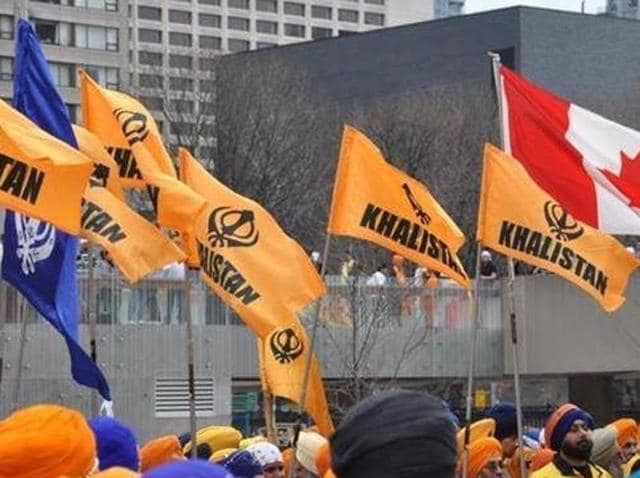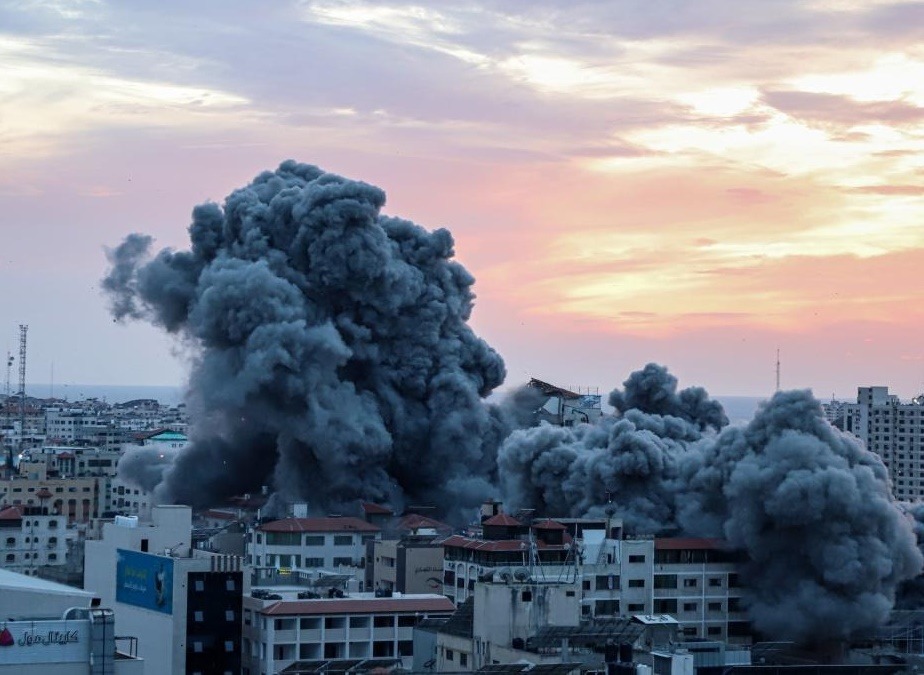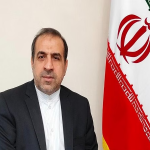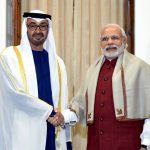Bordman’s tweet follows baseless claims made by Canadian Prime Minister Justin Trudeau, who suggested an Indian conspiracy in connection with the extremist Nijjar’s death….reports Parminder Singh Sodhi
In a recent tweet, Canadian journalist Daniel Bordman voiced his concerns about a troubling poster circulating within certain circles, including on social media and within some Gurudwaras.
This poster, alarmingly, features violent Khalistani extremist Hardeep Nijjar alongside the mastermind of the Air India bombing, and openly threatens Indian diplomats.
The tweet reflects an international sentiment, resonating not just in Canada, but amongst Sikhs globally who find themselves at odds with the violent and terror-inducing ideology of Khalistan extremism.
Bordman’s tweet comes on the heels of unfounded accusations by Canadian Prime Minister Justin Trudeau, who alleged an Indian conspiracy behind the extremist Nijjar’s killing.
This episode has yet again spotlighted the discord between the self-serving identity politics played on the global stage and the real issues faced by Sikhs living in Punjab, India.
The misrepresentation of Sikh sentiments by a few extremists in the diaspora is not just a gross injustice, but a dangerous game that threatens to rekindle old wounds.
The Khalistan movement, which reached its zenith in the 1980s and early 1990s, left a deep scar on the Sikh community, both in India and abroad. The Air India bombing in 1985, orchestrated by Khalistani terrorists, remains one of the deadliest terror attacks in Canadian history. It’s a stark reminder of the violence this extremist ideology can incite.
It raises a pertinent question when the Khalistani extremists, who purportedly champion the cause of Sikhs, remain conspicuously silent on the grim realities faced by the Sikh community in Pakistan.
The violence, persecution, and execution of Sikhs in Pakistan are issues that seldom find a mention in the rhetoric of these extremists.
The dismal state of Gurudwaras in Pakistan, some of which have been reduced to ruins, and the existential crisis faced by the Sikh community there, with a dwindling population of around 15,000 Sikhs, is a narrative starkly missing from their discourse.
This selective silence could arguably be attributed to the alleged patronage of Pakistan’s ISI, which is believed to fuel the Khalistan movement to foster regional instability.

By turning a blind eye to the plight of Sikhs in Pakistan while agitating for a separatist cause in India, these extremists not only expose the duplicity in their agenda but also undermine the genuine concerns and aspirations of Sikhs worldwide. The divergence between the political machinations of Khalistani extremism and the real-world issues faced by Sikhs is a chasm that continues to challenge the integrity and unity of the Sikh diaspora.
The reality in Punjab is far detached from the violent fantasies of Khalistani propagandists. The Sikh community in Punjab is primarily concerned with uplifting their society and quality of life, and addressing issues such as unemployment, education and drugs from across the border.
The dream of a separate Khalistan finds no resonance amongst the Sikhs living in Punjab, whose aspirations are tethered to the ground realities of economic stability and social harmony.
Sikhs in Punjab look towards a future that is inclusive, progressive, and devoid of the sectarian violence that once plagued the state. The global Sikh community, too, shares these aspirations, making it imperative for the narrative to shift from the outdated and dangerous rhetoric of Khalistan extremism to the real and pressing issues faced by Sikhs.
In recent years, the government has initiated various schemes aimed at youth employment and skill development, indicating a focus on economic upliftment rather than on divisive identity politics. Moreover, the vehement opposition to the Khalistan narrative by prominent Sikh personalities and organizations within India, and across the world, underlines the community’s broader disinterest in extremist ideologies.
The juxtaposition in Bordman’s tweet – of a violent extremist and a terrorist mastermind threatening Indian diplomats – is a grim reminder of the disservice being done to the Sikh community by those who misuse the platform and identity of Sikhism for their violent agendas. It is high time that the discourse is steered away from the shadows of extremism, and aligned with the true aspirations and immediate concerns of Sikhs both in Punjab and across the globe.













